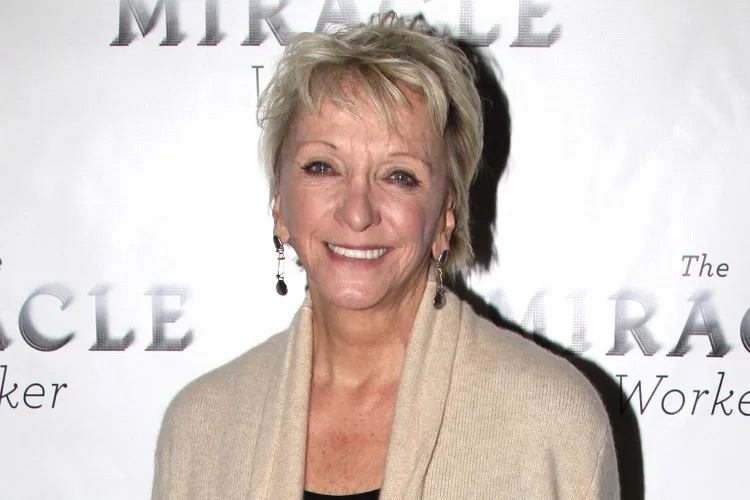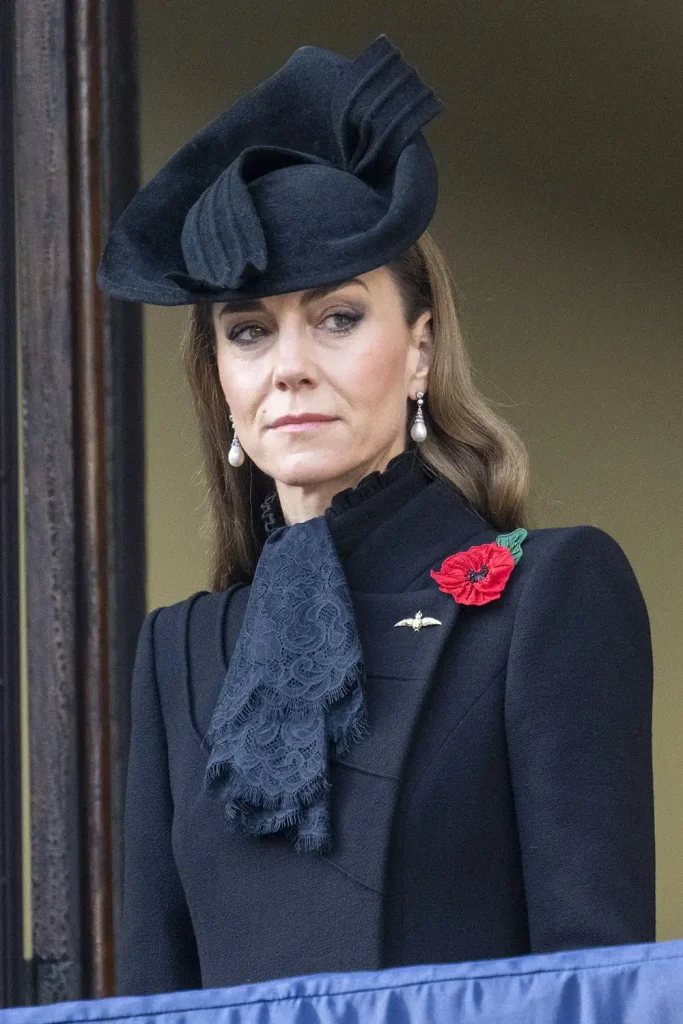Elizabeth Franz, Award-Winning Star of Death of a Salesman, Dies at 84 After Cancer Diagnosis — A Look Back at the Actress Who Redefined a Classic Role and Quietly Shaped American Theater
Elizabeth Franz, the celebrated American actress whose powerhouse portrayal of Linda Loman in Death of a Salesman became one of the definitive performances of the modern theater era, has died at 84. Her husband, Christopher Pelham, confirmed that Franz passed away following a cancer diagnosis and complications related to medication. Her death marks the end of a remarkable career that stretched more than five decades across Broadway, television, and film, yet it is her work on stage that will forever cement her place in theater history.

To call her portrayal of Linda Loman “acclaimed” feels almost insufficient. When audiences watched Franz deliver Linda’s quiet firmness in the 1999 Broadway revival of Death of a Salesman, many believed they were seeing a woman resurrect an iconic character rather than play one. Opposite Brian Dennehy’s booming, tragic Willy Loman, Franz’s Linda became the emotional center of the production — empathetic, exhausted, clear-eyed about the collapse of the man she loved, yet never losing her dignity. That performance earned her the Tony Award for Best Featured Actress in a Play, giving her the industry’s highest honor while also rewriting how critics and scholars viewed the character. She played Linda not as a passive wife but as a quiet moral force watching a family crumble from the inside. It was a performance that stayed with audiences long after the curtain fell.
Franz’s career, however, did not begin with fanfare. Born June 18, 1941, in Akron, Ohio, she entered the world of acting during a period when opportunities for complex female roles were limited. She trained, worked regionally, and built a foundation in classical and contemporary theater. Like many performers of her generation, she learned in front of audiences — in rehearsal rooms, in summer stock productions, in Off-Broadway spaces where new playwrights tested ideas. Colleagues recall a woman who was not driven by fame but by craft. She was known for arriving early to the theater, script in hand, never complacent even after decades in the profession.
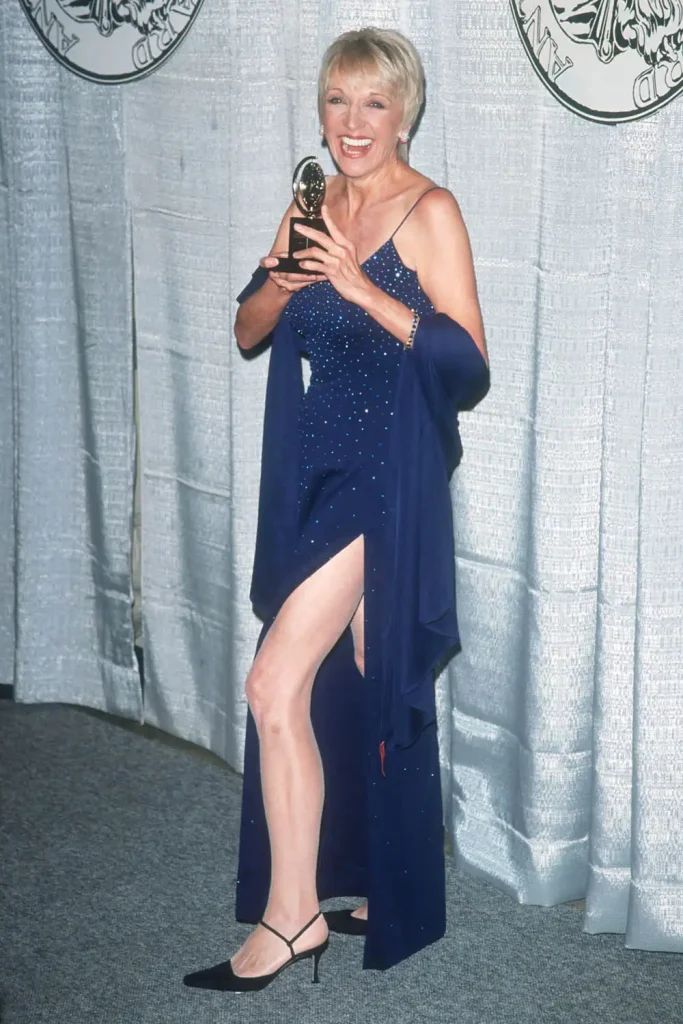
Her career included major roles in Morning’s at Seven, Sister Mary Ignatius Explains It All for You, Brighton Beach Memoirs, and The Cherry Orchard. She was frequently cast in roles requiring both softness and steel, a combination few actors deliver convincingly at the same time. One critic famously described her presence as “deceptively gentle — the warmth of a flame that can still burn.” She was nominated multiple times for major awards and won the Drama Desk Award for Sister Mary Ignatius years before her Tony win brought her widespread mainstream recognition.
She brought the same discipline to her screen appearances. Franz appeared in films such as Sabrina (1995), where she played opposite Harrison Ford and Julia Ormond, and later in The Age of Innocence under Martin Scorsese’s direction. She also appeared in Christmas with the Kranks, demonstrating the versatility that allowed her to move between weighty drama and lighthearted Hollywood fare. Her television work included guest roles on shows such as Law & Order, Party of Five, and The King of Queens. She never chased celebrity, and because of that, audiences often discovered her without realizing they had seen her before — a gift reserved for true character actors who disappear into their roles.
But Franz’s creative identity was built around the stage, where there are no retakes and no editors to shape a performance. Directors loved her for her precision. Scene partners trusted her because she grounded even chaotic scenes with emotional truth. Younger actors sought her out for guidance. She was not loud about offering advice, but when she spoke, her words stayed. Generations of students recall her saying that talent could get you on stage, but dedication would keep you there. She loved the work more than the attention, and that love never faded, even late into her career.
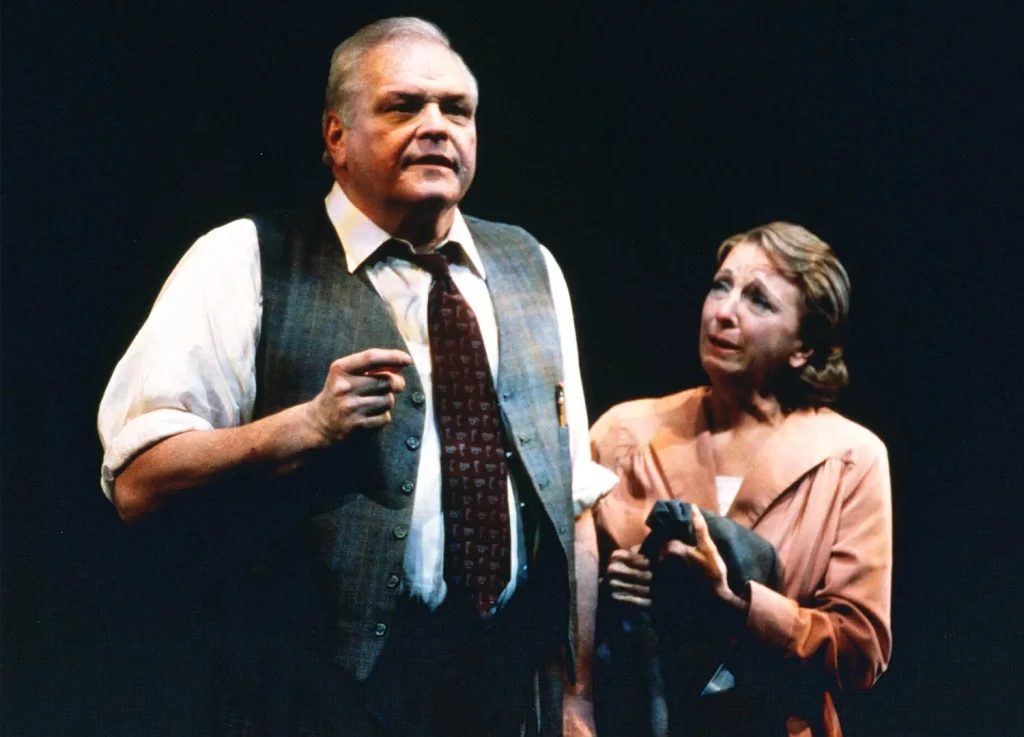
Those close to her say that Franz remained sharp, curious, and artistically engaged well into her seventies. She performed for the last time in 2022 in the Broadway revival of The Little Foxes, proving once again that her depth as a performer never relied on age but on insight. Even as younger actors surrounded her, she carried her decades of experience like an invisible costume — present, commanding, never overstated.
Her marriage to Christopher Pelham, a respected figure in the arts community, was described by friends as one built on mutual respect and creative understanding. Pelham confirmed that her cancer diagnosis came relatively late in life, and that she faced treatment with the same discipline she brought to her art. She continued reading scripts, discussing performances, and revisiting the plays she loved even while undergoing medical care. “Her curiosity never stopped,” said one colleague who visited her during her illness. “Even when she was tired, she was talking about theater.”
To understand the cultural weight of Franz’s career, one must understand the legacy of Death of a Salesman itself. Many actresses have played Linda Loman — Mildred Dunnock originated the role in 1949, and later performances by Kate Reid, Frances Conroy, and Laurie Metcalf earned praise. Yet theater historians often place Franz in a category of her own. She refused to let Linda be secondary. She gave her agency, a fierce internal life, and a resolve that demanded to be noticed. Her famous delivery of the line “Attention must be paid” still circulates in theater discussions today, held up as a masterclass in emotional control. That moment became a statement not just about Willy Loman, but about every unseen spouse who holds a collapsing world together. Audiences wept, critics wrote essays, and actors later admitted they studied her performance to understand how restraint could still carry seismic force.
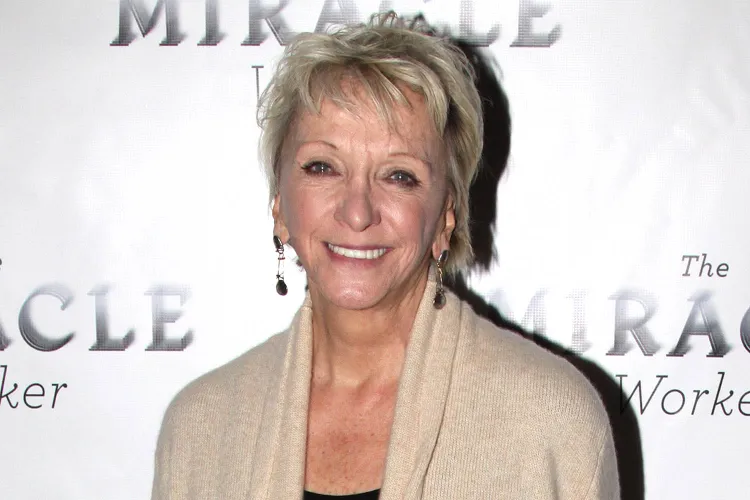
Her Tony Award that year felt symbolic. It was not simply a trophy for a single performance, but recognition of decades of dedication to the art form. Some winners vanish after receiving their award — Franz did not. She returned to stage work, continued speaking on panels, and treated the moment not as a coronation but as permission to dive deeper. That humility made her beloved among her peers. Even when major celebrities walked into rehearsal rooms, they deferred to her the way athletes defer to a veteran captain. She earned respect quietly, never demanded it, and that made her unforgettable.
The sadness in losing Elizabeth Franz is softened only by the richness of what she leaves behind. She never became a household name in the way film stars do, but inside the world of performance, she was royalty. Critics called her the kind of working actor who could walk onto a stage and immediately elevate everyone standing near her. Directors said she understood text at a molecular level. Actors said she made them better just by listening.
Her death arrives in an era when American theater continues to fight for relevance, funding, and protection. The loss of artists like Franz reminds audiences of what the stage once represented: a place where voices like hers could reach thousands without microphones, without digital screens, simply through breath, instinct, and truth.
As tributes emerge across social media, many come from actors who say Franz changed their understanding of what theater could be. Others come from longtime audiences who remember exact nights watching her perform, and who still recall the silence during a monologue or the applause that rose like thunder the moment she stepped forward for a bow.
Elizabeth Franz once said in an interview that great acting is not about pretending — it is about remembering what it feels like to be human. That, perhaps, is her final legacy. She never acted from a place of artifice. She acted from empathy. And in doing so, she left behind a body of work that continues to teach the next generation what presence, generosity, and devotion to craft truly look like.
She is survived by her husband, by countless colleagues who adored her, and by audiences who may never know her name but will forever feel the impact of her work. In modern entertainment, where careers flare and fade quickly, her longevity is proof of something rare: talent guided by patience, humility, and unbreakable discipline.
Elizabeth Franz leaves behind no scandal, no industry disruption — only grace, brilliance, and proof that sometimes the quietest careers leave the loudest echoes.
